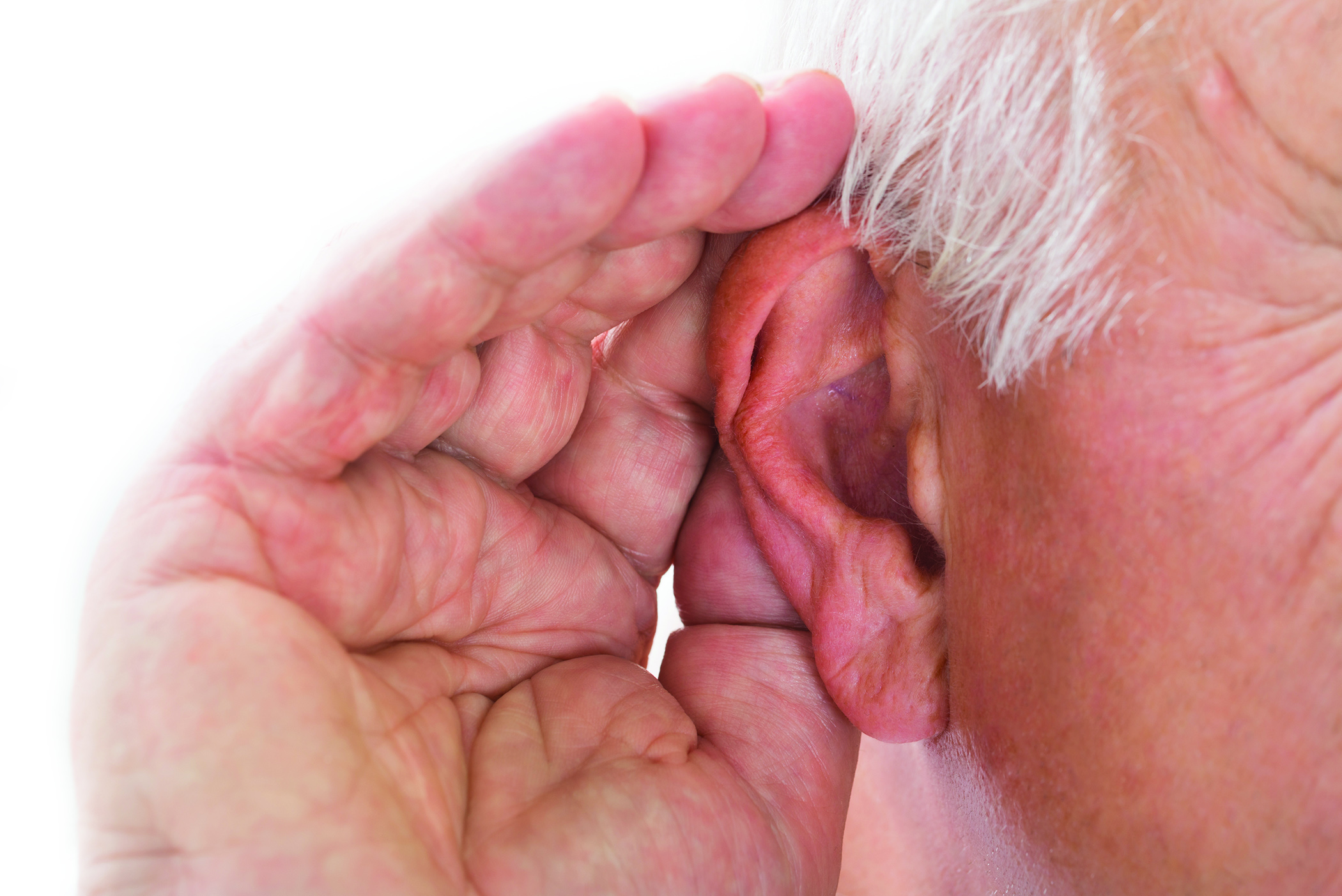
By National Institute on Aging
Hearing loss is a common problem caused by loud noise, aging, disease, and genetic variations. About one-third of older adults have hearing loss, and the chance of developing hearing loss increases with age. People with hearing loss may find it hard to have conversations with friends and family. They may also have trouble understanding a doctor’s advice, responding to warnings, and hearing doorbells and alarms.
Some people may not want to admit they have trouble hearing. Hearing problems that are ignored or untreated can get worse. If you have a hearing problem, see your doctor. Hearing aids, special training, certain medications, and surgery are some of the treatments that can help.
Signs of hearing loss
Some people have a hearing problem and don’t realize it. You should see your doctor if you:
- Have trouble understanding what people are saying over the telephone
- Find it hard to follow conversations when two or more people are talking
- Often ask people to repeat what they are saying
- Need to turn up the TV volume so loud that others complain
- Have a problem understanding speech because of background noise
- Think that others seem to mumble
- Can’t understand what’s being said when children and people with higher pitched voices speak to you
Age-related hearing loss
Age-related hearing loss, also called presbycusis, comes on gradually as a person grows older. It seems to run in families and may occur because of changes in the inner ear and auditory nerve, which relays signals from the ear to the brain. Presbycusis may make it hard for a person to tolerate loud sounds or to understand what others are saying.
Age-related hearing loss usually occurs in both ears, affecting them equally. Because the loss is gradual, people with presbycusis may not realize they have lost some of their ability to hear.
Health conditions common in older people, such as diabetes or high blood pressure, can contribute to hearing loss. Ear infections caused by viruses and bacteria (also known as otitis media), a heart condition, stroke, brain injury, or a tumor may also affect your hearing.
Hearing loss can affect cognitive health. Studies have shown that older adults with hearing loss have a greater risk of developing dementia than older adults with normal hearing. Cognitive abilities (including memory and concentration) decline faster in older adults with hearing loss than in older adults with normal hearing. A recent analysis of several studies found that people who used hearing restorative devices (such as hearing aids and cochlear implants) had a lower risk of long-term cognitive decline compared to people with uncorrected hearing loss.
Older people who can’t hear well may become depressed or withdrawn from others because they feel frustrated or embarrassed about not understanding what is being said. Sometimes, older people are mistakenly thought to be confused, unresponsive, or uncooperative because they don’t hear well. These circumstances can lead to social isolation and loneliness.
Hearing loss, even small amounts, is also linked to an increased risk for falls. It also can affect public as well as personal safety, such as the ability to drive safely, when warning sounds are harder to hear.
How to cope with hearing loss
If you notice signs of hearing loss, talk with your doctor. If you have trouble hearing, you should:
- Let your family and friends know you have a hearing problem.
- Ask people to face you and to speak louder and more clearly. Ask them to repeat themselves or reword what they’re saying.
- Pay attention to what is being said and to facial expressions or gestures.
- Let the person talking know if you do not understand what was said.
- Find a good location to listen. Place yourself between the speaker and sources of noise or look for quieter places to talk.
The most important thing you can do if you think you have a hearing problem is to seek professional advice. Your family doctor may be able to diagnose and treat your hearing problem. Or your doctor may refer you to other experts, like an otolaryngologist (ear, nose, and throat doctor) or an audiologist (health professional who can identify and measure hearing loss).
For more information: https://www.nia.nih.gov/health/hearing-and-hearing-loss/hearing-loss-common-problem-older-adults



